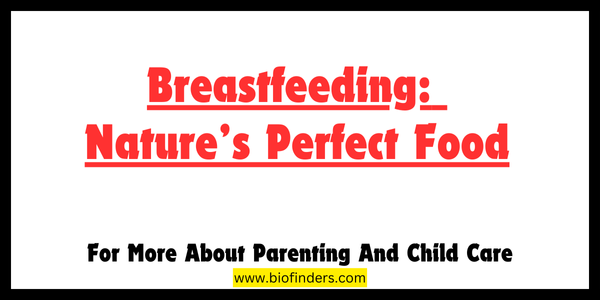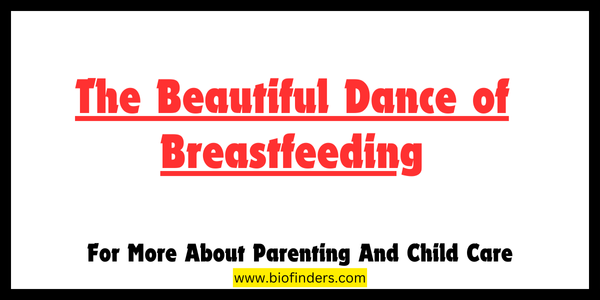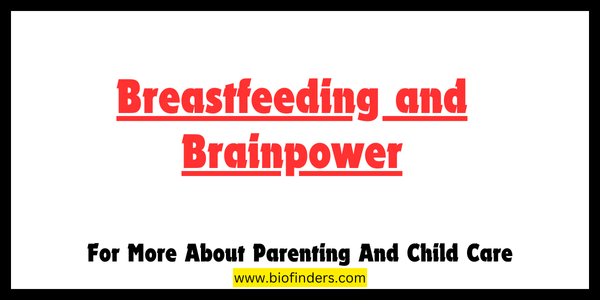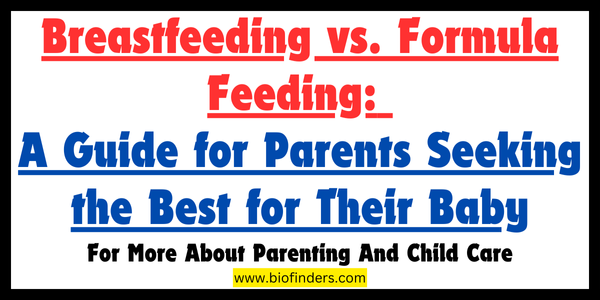Newborn babies enter the world with amazing potential. Their immune systems are strengthened by breastfeeding. This makes them powerful to a whole new world of germs and illnesses. Fortunately, nature has equipped mothers with a powerful tool to help protect their little ones: breast milk.
Breast milk is much more than just sustenance; it’s a biological marvel packed with essential nutrients, antibodies, and other immune-boosting components. This blog dives deep into the fascinating science behind breast milk’s superpowers and explores how it safeguards your infant from infections, allergies, and other health concerns.
A Liquid Armor: Antibodies in Breast Milk
Imagine breast milk as a suit of armor for your baby’s developing immune system. One of the key components of this armor is antibodies, also known as immunoglobulins (Ig). These Y-shaped proteins are produced by your immune system in response to exposure to germs. When you breastfeed, you pass these antibodies on to your baby, giving them a head start in fighting off infections.
There are several types of antibodies found in breast milk, each playing a specific role:
- Secretory immunoglobulin A (SIgA): This is the most abundant antibody in breast milk, coating the lining of your baby’s digestive tract and respiratory system. It acts as a sticky shield, trapping and neutralizing harmful bacteria and viruses before they can invade the body [infant secretory immunoglobulin a function ON National Institutes of Health (.gov) ncbi.nlm.nih.gov].
- Immunoglobulin G (IgG): This antibody fights off bacteria and toxins in the bloodstream and tissues. It’s particularly important for protecting newborns from serious infections they haven’t yet been exposed to.
- Immunoglobulin A (IgA): This type of IgA works similarly to SIgA but can also be found in tears and saliva, providing additional protection at various entry points for pathogens.
The composition of these antibodies in breast milk is constantly changing, reflecting your own exposure to germs in the environment. This dynamic adaptation ensures your baby receives the most relevant protection against the threats they’re likely to encounter.
Beyond Antibodies: A Multifaceted Defense System
Breast milk’s immune-boosting properties extend far beyond just antibodies. Here’s a closer look at some of the other key players:
- Leukocytes: These are white blood cells that act as the body’s natural defense troops. Breast milk contains live white blood cells, such as macrophages and lymphocytes, which can directly attack and destroy pathogens in your baby’s gut [breastfeeding benefits on baby’s immune system ON HealthyChildren.org].
- Antimicrobial factors: Breast milk contains various enzymes and proteins with antimicrobial properties. These can directly kill or inhibit the growth of harmful bacteria and viruses.
- Prebiotics: These are special carbohydrates that promote the growth of beneficial bacteria in your baby’s gut. A healthy gut microbiome plays a crucial role in immune development and function [the role of breastfeeding in infant immune modulation and gut microbial maturation ON National Institutes of Health (.gov) ncbi.nlm.nih.gov].
- Cytokines: These are signaling molecules that regulate the immune system’s response. Breast milk contains various cytokines that help to modulate your baby’s immune system, promoting healthy development and reducing inflammation.
The synergistic action of all these components creates a powerful defense system within your baby’s body, equipping them to combat infections and build long-term immune resilience.
Protecting Against Allergies and More: The Long-Term Benefits of Breastfeeding
Breastfeeding‘s impact goes far beyond the immediate protection against infections. Studies suggest that breastfed babies have a lower risk of developing allergies, including eczema, asthma, and food allergies [the role of breastfeeding as a protective factor against the development of the immune-mediated diseases a systematic review frontiers in pediatrics ON frontiersin.org].
The exposure to a diverse range of immune factors in breast milk is believed to help regulate the development of your baby’s immune system, preventing it from overreacting to harmless substances like allergens.
Furthermore, breast milk is linked to a reduced risk of various chronic health conditions later in life, such as:
- Autoimmune diseases: These conditions occur when the immune system mistakenly attacks healthy tissues. Breastfeeding may help to prevent conditions like type 1 diabetes and inflammatory bowel disease.
- Obesity: Breastfed babies tend to have a lower risk of becoming overweight or obese later in life.
- Sudden Infant Death Syndrome (SIDS): Breastfeeding is associated with a reduced risk of SIDS, although the exact mechanisms are not fully understood.
Optimizing Your Breastfeeding Journey for Maximum Immune Support
While breast milk offers a natural defense system, certain factors can optimize its immune-boosting potential:
- Early Initiation: Colostrum, the thick, yellowish milk produced in the first few days after birth, is especially rich in antibodies and immune factors. Initiating breastfeeding as soon after birth as possible ensures your baby receives this vital first defense.
- Exclusive Breastfeeding for the First Six Months: The World Health Organization (WHO) recommends exclusive breastfeeding for the first six months of life, followed by continued breastfeeding alongside complementary foods for up to two years or beyond [breastfeeding ON World Health Organization who.int]. Exclusive breastfeeding allows your baby to reap the full benefits of breast milk’s immune-boosting properties during a critical period of immune system development.
- Diet and Nutrition: A healthy diet for the mother is crucial for producing high-quality breast milk. Aim for a balanced diet rich in fruits, vegetables, whole grains, and lean protein.
- Duration of Breastfeeding: The longer you breastfeed, the more your baby benefits from the ongoing immune support and other health advantages.
Remember: Every drop of breast milk counts! Even if you’re unable to exclusively breastfeed, any amount of breast milk your baby receives provides valuable immune-boosting benefits.
Breastfeeding: A Gift of Health and Love
Breastfeeding is a beautiful and natural way to nourish your baby and provide them with the strongest possible foundation for a healthy life. By understanding the remarkable immune-boosting properties of breast milk, you can feel empowered to make informed choices about feeding your child.
If you have any questions or concerns about breastfeeding, consult with a lactation consultant or your pediatrician. They can provide personalized support and encouragement throughout your breastfeeding journey.
Additional Resources:
- La Leche League International: https://llli.org/
- Academy of Breastfeeding Medicine: https://www.bfmed.org/
- Centers for Disease Control and Prevention (CDC): https://ww/w.cdc.gov/breastfeeding/index.htm
Embrace the power of breast milk, and nurture your precious little one with the gift of health and love.




Leave a Reply